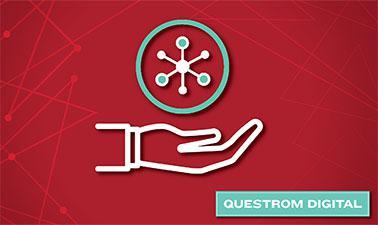MOOC List is learner-supported. When you buy through links on our site, we may earn an affiliate commission.

MOOC List is learner-supported. When you buy through links on our site, we may earn an affiliate commission.
In this course, part of the Digital Product Management MicroMasters program, you will be introduced to key frameworks for decision-making based on both economic and organizational considerations.
In this course, part of the Digital Transformation Leadership MicroMasters. These frameworks inform a rising product manager on how to:
(i) understand customer co-creation, needs and become “a champion” for user centric development in the digital technologies.
(ii) set up and manage specific work flows (e.g. either lean, agile or stage gate development tasks) that result in timely launch and upgrades of products.
(iii) take a data and metrics driven approach to make product life cycle decisions including pricing, versioning, maintenance, helpdesks and end of life.
(iv) shape the direction of the product based on experimentation and system design thinking by learning from product roadmaps, competitive considerations, and allied evolution of demand in digital markets.
Caveat: This is not a course on software development or architecture or on product marketing. The role of a product manager is to work with these functions effectively, such that the interests of a product (e.g. its profitability) and its customers are best served. Thus, the perspectives and skills covered in this course are integrative, and allied with decision-making, in their orientation.
What you'll learn
- Product line planning and road mapping alternatives
- Idea generation, customer need assessment, co-creation, definition and validation of minimal viable product (MVP) and allied set up of requirement documents
- Alternative approaches for lean, agile and waterfall development, along with the tools for assessing task, project and business risks (and risk mitigation strategies) at scrums or at stage gates.
- How to launch a product and create a go to market strategy to champion your product
- Performance Management: Ownership of product related profit (or loss) over various life cycle stages; how to track and optimize system performance metrics while marshalling of social media and third party data towards performance optimization
Prerequisites:
- Secondary school (high school) algebra; basic mathematics concepts
- Backgroundin three areas:
. Project and process (operations) management concepts
. Marketing concepts
. Software engineering concepts
Learners may develop background in these three areas either through on the job exposure or by auditing 3rd or 4th year university level or online courses before taking DI503.
MOOC List is learner-supported. When you buy through links on our site, we may earn an affiliate commission.
MOOC List is learner-supported. When you buy through links on our site, we may earn an affiliate commission.
